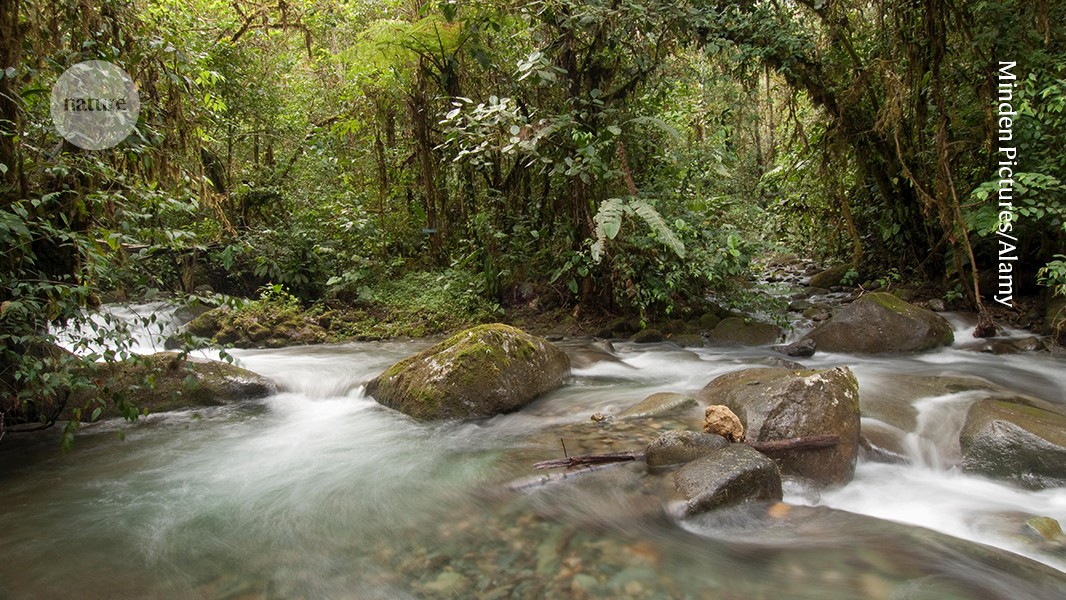
"Rivers, on a long view, are alive. They are born; they change; they shift their channels; they forge new routes to the sea; they move both gradually and violently; they teem (usually) with life; they may die a quasi-natural death; they are frequently maimed and even murdered."
"It requires unlearning, a process much harder than learning. We might say that the fate of rivers under rationalism has been to become one-dimensional water. Rivers have been systematically stripped of their spirits and reduced to what Isaac Newton called 'inanimate brute matter'."
Robert Macfarlane reflects on the perception of rivers as alive rather than mere water bodies. Initially believing this in childhood, he wrestles with rationalism in adulthood, requiring unlearning of conventional views. He speaks of rivers in a personal manner, referring to them as entities that flow, which echoes sentiments of other thinkers like James Scott. Scott emphasizes the dynamic nature of rivers, stating that they are born, change, and can indeed be 'murdered' or deeply affected by human intervention.
Read at Nature
Unable to calculate read time
Collection
[
|
...
]